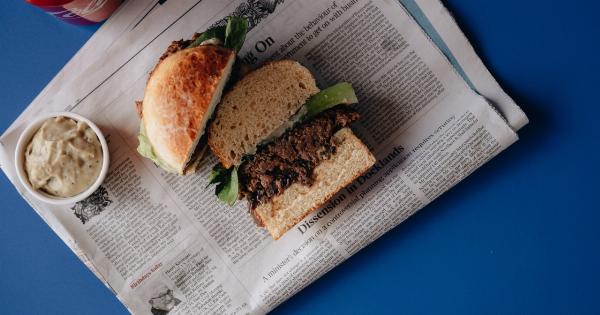Fasting, the practice of abstaining from food and drink for a specific period, has been practiced for thousands of years for both spiritual and health reasons.
Some people embark on fasts for religious reasons, while others do it as a way to detoxify their bodies. In recent times, fasting has become more popular as a weight loss strategy and for its potential health benefits.
What is Uric Acid?
Uric acid is a naturally occurring waste product produced by the body when purines, substances found in many foods and drinks, are broken down.
Uric acid dissolves in the blood and passes through the kidneys and is eliminated from the body through urination. Normally, uric acid levels are balanced by the kidneys, eliminating excess uric acid.
When there is an overload of uric acid, either from the intake of purine-rich foods or from a malfunction in the body’s uric acid elimination process, uric acid crystals may form in the joints causing gout, a type of arthritis.
Fasting and Uric Acid Levels
Several studies have shown that fasting can reduce uric acid levels in the blood, which can then decrease the likelihood of gout and other uric acid-related health issues.
Intermittent Fasting and Uric Acid
Intermittent fasting, also known as time-restricted eating, is a popular type of fasting that involves restricting food intake to specific periods during the day or week.
Studies show that intermittent fasting can help reduce uric acid levels in the blood, especially in those who are overweight or obese. One study conducted on obese individuals found that those who practiced intermittent fasting for eight weeks experienced a significant decrease in serum uric acid levels.
Water Fasting and Uric Acid
Water fasting is a type of fasting where individuals abstain from eating or drinking anything other than water for a specific period, which can range from a few days to several weeks.
Some studies have shown that water fasting can help decrease uric acid levels in the blood. One study conducted on a group of overweight individuals found that those who participated in a 10-day water fast experienced a significant decrease in uric acid levels in the blood.
Other Types of Fasting and Uric Acid
Besides intermittent fasting and water fasting, other types of fasting such as juice fasting and religious fasting have also been studied for their effects on uric acid levels.
Some studies have shown that juice fasting, where individuals consume only fruit and vegetable juices, can help lower uric acid levels. Religious fasting, such as Ramadan fasting, has also been shown to decrease uric acid levels in the blood.
Considerations When Fasting and Uric Acid
While fasting can help reduce uric acid levels in the blood, it is important to consider some factors when fasting, which can affect uric acid levels and overall health. One of the most important things to consider when fasting is hydration.
Dehydration can increase uric acid levels in the blood and worsen gout symptoms. It is important to drink enough water and other fluids to stay hydrated during the fast.
Conclusion
Fasting has been shown to decrease uric acid levels in the blood, which can lead to a decreased risk of gout and other related health issues.
While fasting can be an effective way to manage uric acid levels, it is important to do so with caution and under the guidance of a healthcare professional. Staying hydrated during fasting is key to keeping uric acid levels in check and ensuring overall health.






























